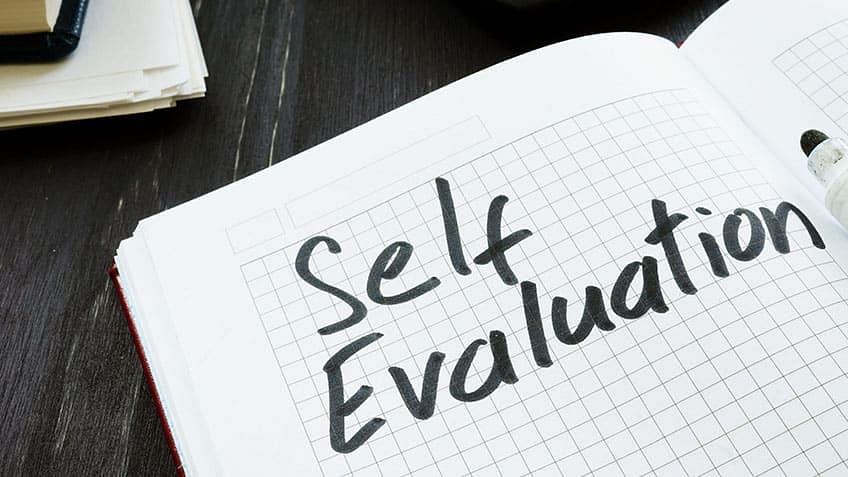
Self-Evaluation Typically Involves the Following Steps:
Reflection: Taking time to think about one's experiences, actions, and behaviors. This includes looking back on past achievements, mistakes, challenges, and successes.
Assessment: Analyzing one's performance against certain standards, objectives, or goals. This can involve comparing individual progress with set benchmarks or personal aspirations.
Self-Analysis: Evaluating strengths and weaknesses. This step involves identifying areas where one excels and where improvements or adjustments are needed.
Setting Goals: Creating a plan for personal growth or improvement. Establishing achievable and realistic objectives based on the self-assessment.
Action Plan: Developing strategies and steps to address areas that need improvement while leveraging strengths. This could involve acquiring new skills, changing behaviors, seeking mentorship, or setting priorities.
Regular Review: Periodically revisiting the self-evaluation process to track progress, make adjustments, and ensure continued personal growth and development.
Self-evaluation is an ongoing process and a key component of personal development. It empowers individuals to take responsibility for their growth, make informed decisions, and continually strive for improvement in various facets of life. It's a valuable tool for self-improvement, as it allows individuals to gain insights into their own behaviors and tendencies, leading to positive changes and development.
Thank you.